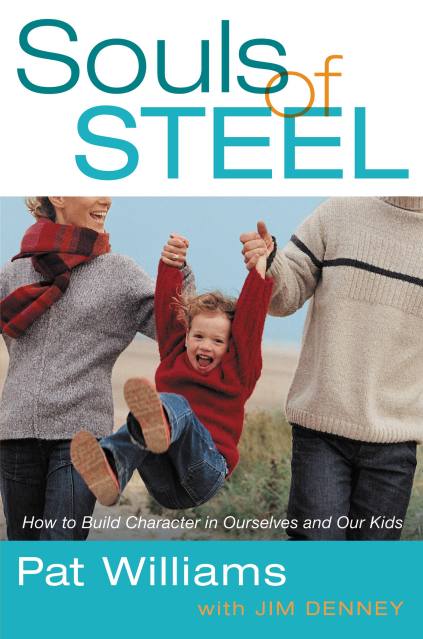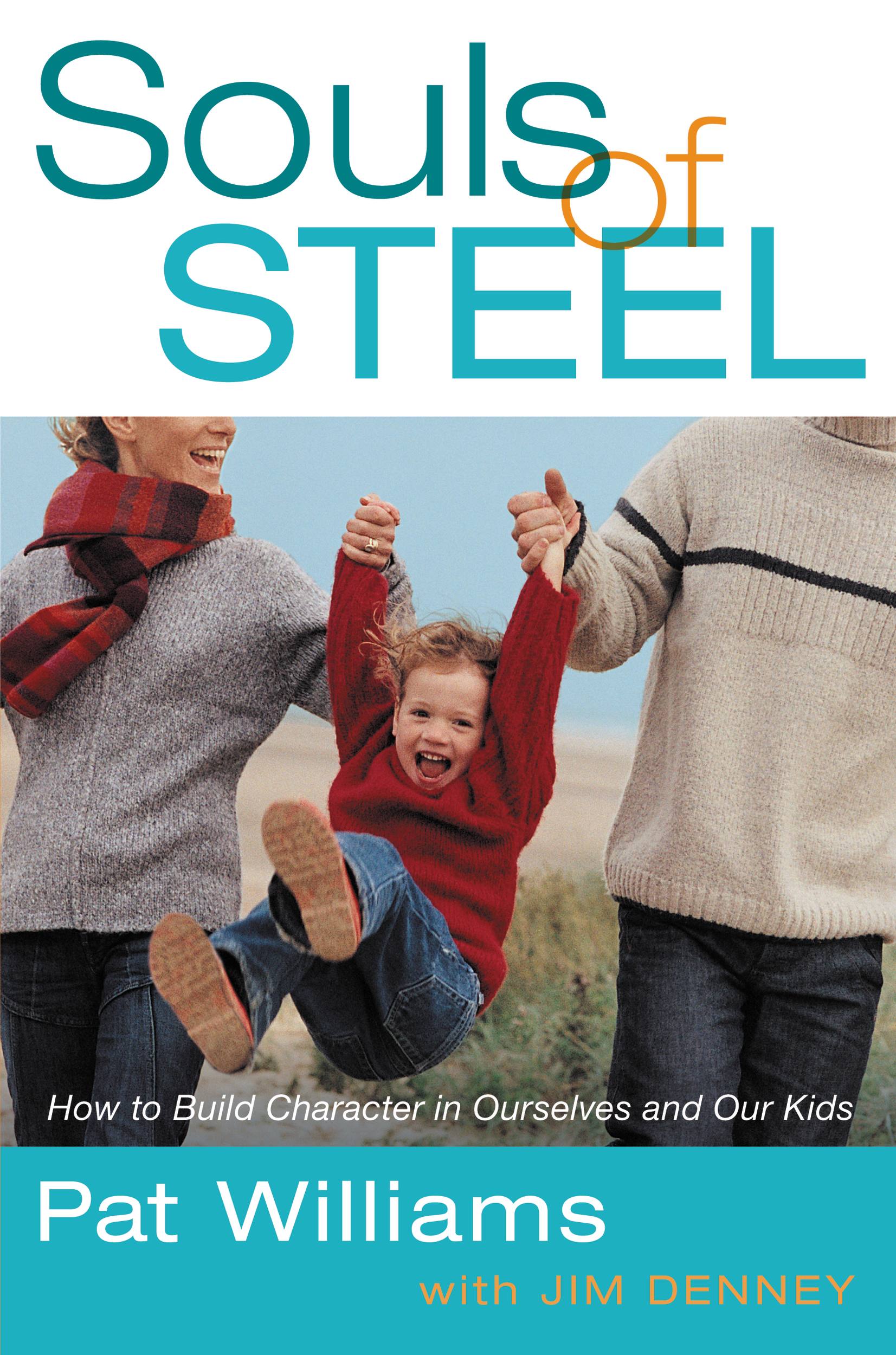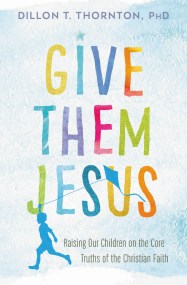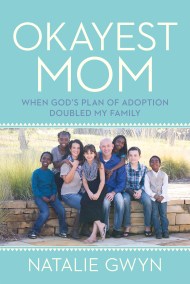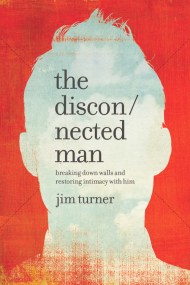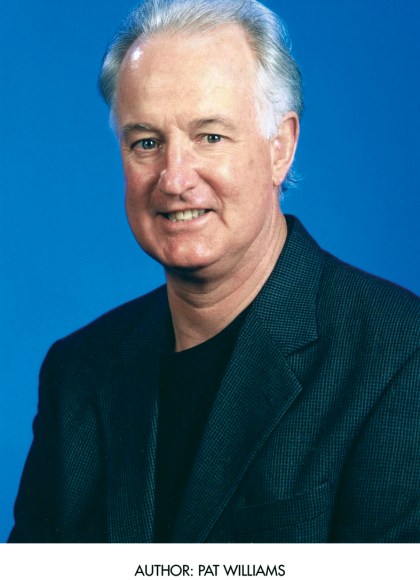By clicking “Accept,” you agree to the use of cookies and similar technologies on your device as set forth in our Cookie Policy and our Privacy Policy. Please note that certain cookies are essential for this website to function properly and do not require user consent to be deployed.
Souls of Steel
How to Build Character in Ourselves and Our Kids
Contributors
By Pat Williams
With Jim Denney
Formats and Prices
- On Sale
- Feb 14, 2008
- Page Count
- 288 pages
- Publisher
- FaithWords
- ISBN-13
- 9780446511292
Price
$12.99Price
$16.99 CADFormat
Format:
- ebook $12.99 $16.99 CAD
- Hardcover $26.00 $34.00 CAD
This item is a preorder. Your payment method will be charged immediately, and the product is expected to ship on or around February 14, 2008. This date is subject to change due to shipping delays beyond our control.
Buy from Other Retailers:
Newsletter Signup
By clicking ‘Sign Up,’ I acknowledge that I have read and agree to Hachette Book Group’s Privacy Policy and Terms of Use
